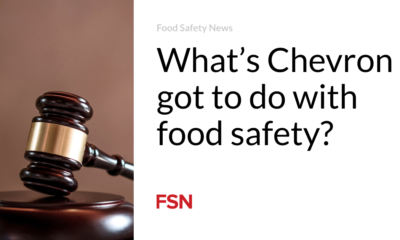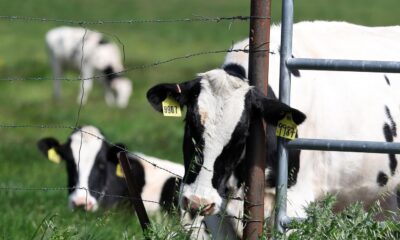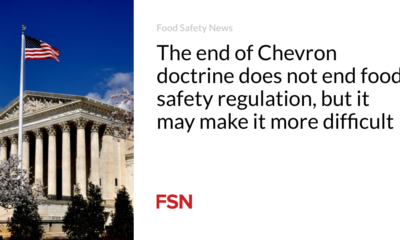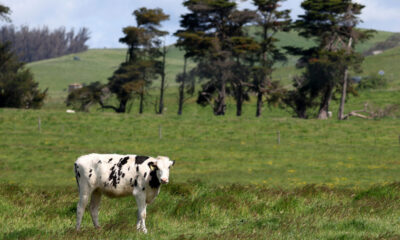Food
Fears of bird flu loom over Memorial Day food safety concerns
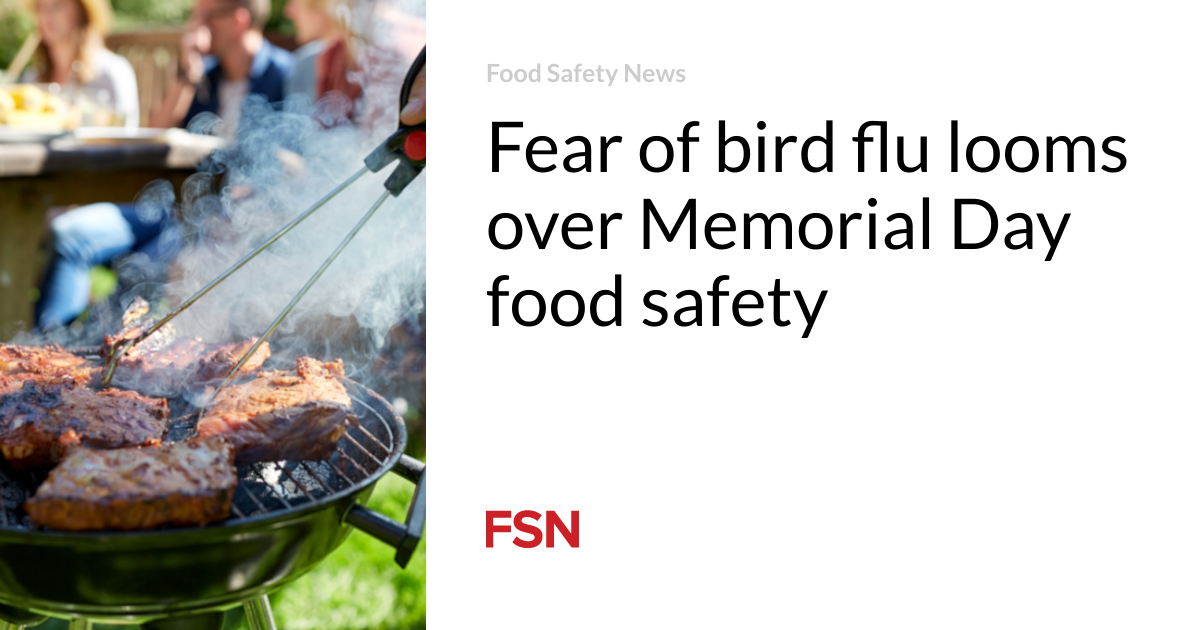
As Americans prepare to celebrate Memorial Day, there is fear about some outdoor gatherings amid fears that bird flu will contaminate food supplies. While the U.S. Department of Agriculture and the Centers for Disease Control and Prevention are reassuring the public that the risk is minimal, recent incidents have raised concerns among consumers.
With reports of H5N1 bird flu affecting dairy cows and concerns from health officials and journalists, some consumers are raising concerns about the safety of beef and poultry products. However, both the USDA and CDC emphasize that there is an extremely low chance of beef and poultry becoming infected with bird flu, and that there are no known cases of such contamination.
The situation has prompted public health officials, especially in Michigan, to issue warnings against consuming raw or unpasteurized milk as pasteurization remains an effective measure to kill the virus. Dr. Natasha Bagdasarian, Michigan’s Chief Medical Executive, underlines the importance of ensuring the safety of dairy products, especially for vulnerable populations such as children and the elderly.
USDA Memorial Day Food Safety Tips
The USDA’s Food Safety and Inspection Service has presented tips to reduce the risk of foodborne illness during outdoor festivities. With warmer temperatures creating favorable conditions for bacteria growth, proper food handling becomes essential to protect your family and friends from foodborne illness.
“The bacteria that cause foodborne illness love summer as much as we do because they thrive and multiply rapidly in warmer temperatures. This causes diseases to increase during the summer,” said Undersecretary of Food Safety Dr. Emilio Esteban. “As we all spend more time outdoors, it’s important to remember these food safety steps to keep your friends and family safe.”
Wash hands
The first step to serving summer foods safely is starting with clean hands. If running water is available, wet your hands, lather them with soap, scrub them for 20 seconds, rinse and dry. If running water is not available, use hand sanitizer or wet wipes that contain at least 60 percent alcohol.
Pack perishables safely
When traveling with perishable food to places such as the pool, beach, summer camp, hiking trip, or barbecue, always use cold sources in coolers or insulated containers to keep the food at a safely cold temperature below 40 F . Cold source options include ice, frozen gel packs, and frozen drinks (which do not require refrigeration for safety reasons) such as water bottles, iced tea, and juices such as apple and grape. Additional cooling tips:
- Pack drinks in one cooler and perishable foods in another cooler.
- The beverage cooler can be opened frequently, causing the temperature inside the cooler to fluctuate and become unsafe for perishable food.
- Keep coolers and insulated bags out of the sun. Once outside, place them in the shade.
- Full coolers or insulated bags keep your perishable food cold and safe longer than half-full ones.
- Place an appliance thermometer (traditionally used for the refrigerator or freezer) in the cooler so you can check if the food stays at 40 F or lower.
Stay out of the danger zone
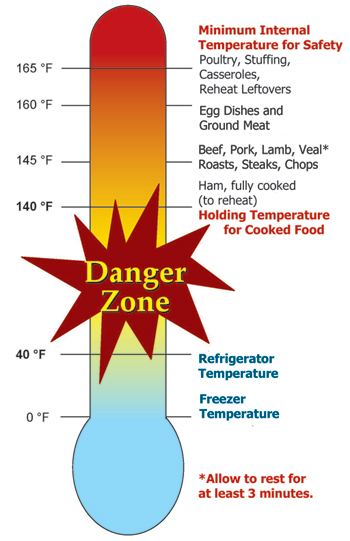
The danger zone is the temperature range in which bacteria multiply rapidly between 40 and 140 F. Perishable foods, including meat and poultry, cut fruits and vegetables, and cooked side dishes, should avoid the danger zone or be kept hot or cold to maintain food safety.
- Cold foods should be placed at 40 F or lower in the refrigerator, coolers, insulated containers or under ice.
- Hot foods should be kept above 140 F by placing them on the grill, in heated chafing dishes, in a slow cooker or on heating plates.
Check the temperature of cold and hot dishes regularly.
Follow the 2 hour rule
Food that is kept hot or cold outside the danger zone or left outside for no more than two hours (one hour if it is over 30 degrees Celsius) is safe to store. All other items are considered unsafe and should be discarded. When in doubt, throw it away!
If you have any questions about food safety
Call the USDA Meat and Poultry Hotline at 1-888-MPHotline (1-888-674-6854), email MPHotline@usda.gov or chat live at www.ask.usda.gov 10am to 6pm Eastern Time, Monday through Friday.
As the nation honors its fallen heroes this Memorial Day, ensuring food safety at gatherings underscores the commitment to protecting the health and well-being of all who participate in the holiday celebration.
(To sign up for a free subscription to Food Safety News, click here.)

